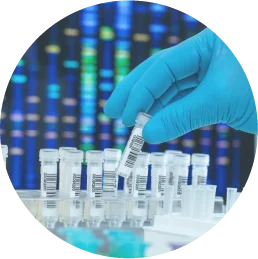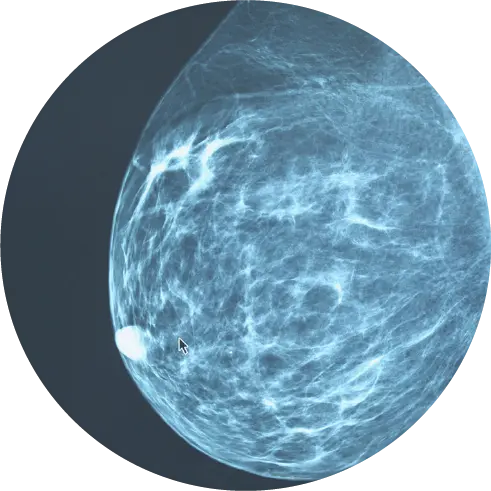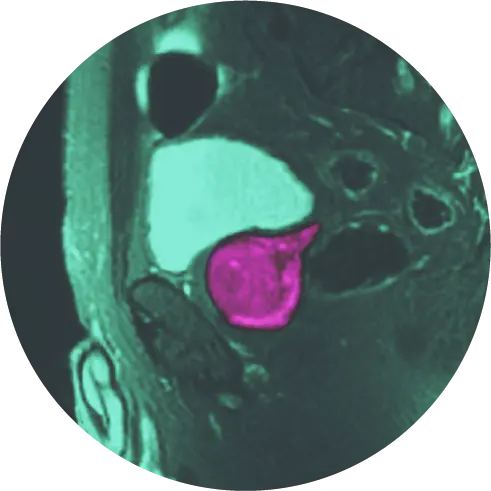The changing seasons and cooling temperatures are often the first signs that flu season is approaching. Most of the flu season is concentrated between the months of October and May, with peak flu activity occurring between December and March.
How Does the Seasonal Flu Spread?
The seasonal flu is a contagious respiratory illness, and it spreads through droplets that are released when people with the flu cough, sneeze, or even talk. You can breathe in these droplets directly while engaging with someone who has the flu, or you can be exposed by droplets that remain on hard surfaces like a computer or a telephone.1 In the U.S., the flu spreads quickly, so it is important for everyone to take steps to protect themselves and their loved ones. People with cancer may be particularly vulnerable to flu complications, so they, alongside their friends and family, may want to take additional precautionary measures.
Are People With Cancer at a Higher Risk for Developing the Flu?
There is not enough data to know for sure whether people with cancer are at a higher risk of getting the flu. However, researchers and doctors know that cancer patients and survivors have weakened immune systems and are at higher risk of developing complications from the flu such as pneumonia or inflammation of organs like the heart or brain.2,3 These complications can be dangerous and even life threatening, so people with cancer and their families should be vigilant about any new symptoms.
How Can I Protect Myself From the Flu?
There are several ways to protect yourself from the flu and decrease your chances of being exposed. Washing your hands frequently throughout the day is an important habit to maintain. Wearing face masks can also be helpful, especially in public places.
During flu season, it is best to try to avoid crowds as much as possible to limit exposure to others who may be sick. In addition to these tips, continue taking care of yourself by working with your medical team, getting enough sleep, eating well, drinking water, and exercising to stay as healthy as possible.
Is It Safe for People With Cancer to Receive the Flu Vaccine?
One of the most common ways to reduce your risk of getting sick from the flu is to get the flu shot. The injectable vaccine is recommended and approved for people with cancer.2 The vaccine safely protects against several common strains of the flu. Some patients on active chemotherapy or those with a very weak immune system may not respond as well to the vaccine and may not receive as much protection from the flu.4 If you have any questions or concerns about the vaccine, talk to your doctor.
What Should I Do if I Experience Symptoms of the Flu?
Despite taking all precautions, it is still possible for some people to get sick from the flu. If you have cancer and start experiencing symptoms like a runny nose, cough, sneezing, sore throat, or a fever, you should contact your doctor right away. They may prescribe a treatment called Tamiflu that can help, but it must be taken within a couple days of the onset of symptoms.4 They will also be able to monitor you for any signs of worsening illness or complications.
It can be stressful living with cancer during flu season, so be sure to take these precautions to help you and your loved ones stay safe and well.




